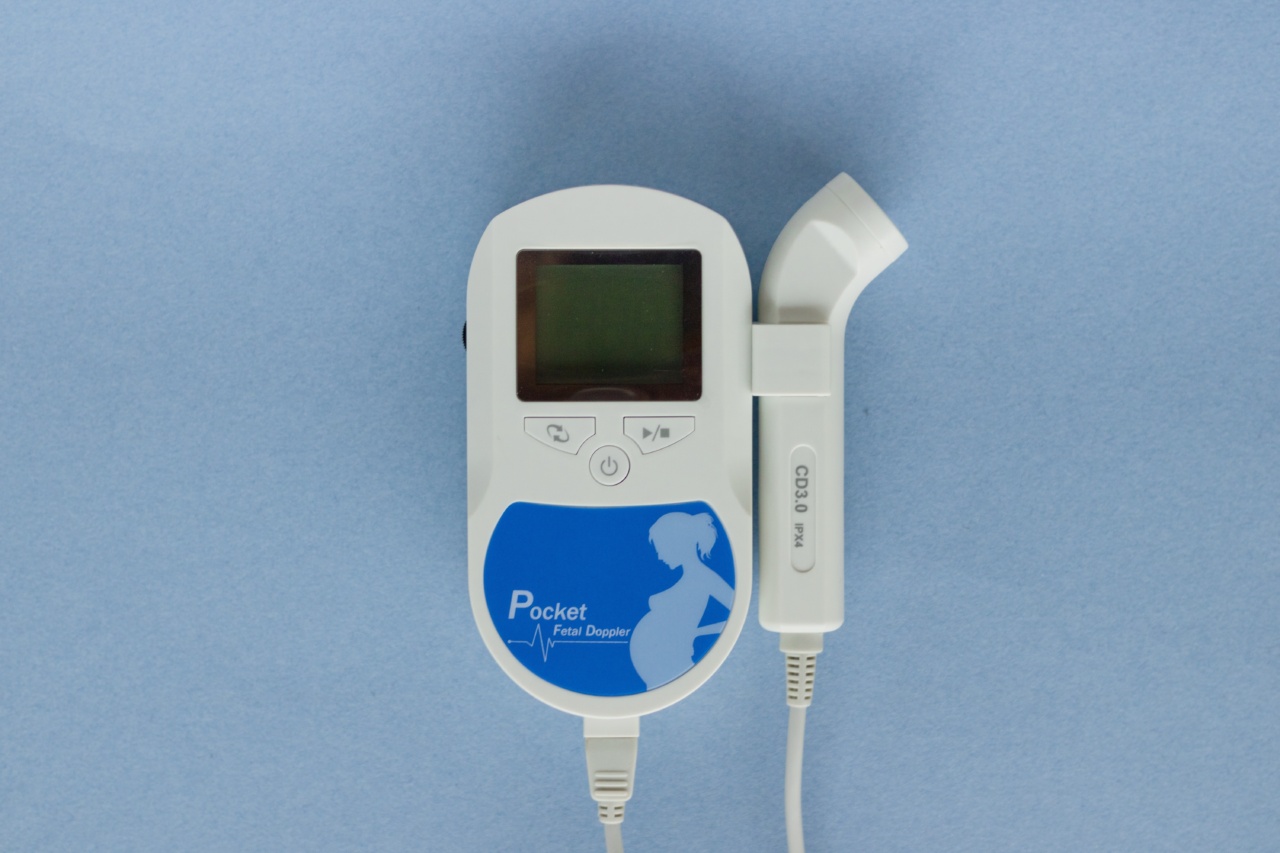Lithium, a mood stabilizing medication, is commonly prescribed for individuals with bipolar disorder. Pregnant women with bipolar disorder face the challenge of deciding whether or not to continue taking lithium during pregnancy.
The concern arises due to possible risks that lithium poses to the fetus.
Risks of Lithium during Pregnancy
Lithium use during pregnancy has been linked to certain fetal outcomes including:.
- Cardiac malformations
- Neonatal morbidity
- Neonatal toxicity
- Neonatal hypothyroidism
Cardiac malformations refer to congenital heart defects such as atrial septal defect, ventricular septal defect and Ebstein’s anomaly.
These conditions have been found to occur more frequently in infants born to mothers taking lithium during pregnancy.
Neonatal morbidity encompasses a range of problems that may arise after birth including respiratory distress, low birth weight and prematurity. Infants born to mothers taking lithium during pregnancy are at a higher risk for neonatal morbidity.
Neonatal toxicity is a condition that occurs when a substance is harmful to the newborn. Lithium has been shown to cause toxicity in some newborns which can result in respiratory distress, cyanosis (blue skin color) and muscle weakness.
Neonatal hypothyroidism is a condition that occurs when the thyroid gland fails to produce enough thyroid hormone. Lithium has been known to interfere with the thyroid gland’s function, which can lead to hypothyroidism in newborns.
Benefits of Lithium during Pregnancy
Despite the risks, some women choose to continue taking lithium during pregnancy. This is because bipolar disorder itself poses risks to the mother and child if left untreated.
The risks associated with untreated bipolar disorder during pregnancy include:.
- Increased risk of pre-eclampsia
- Greater likelihood of postpartum depression
- Increased likelihood of premature labor
- Increased rate of caesarean section
Pre-eclampsia is a serious condition that can cause high blood pressure and damage to organs such as the liver and kidneys. Postpartum depression is a form of depression that can occur after giving birth.
It can cause serious problems for the mother and child if left untreated. Premature labor and caesarean section both present risks to the mother and child.
Management of Lithium Use during Pregnancy
Women who are pregnant or planning to become pregnant and taking lithium should consult with their healthcare provider before making any changes to their medication routine.
The healthcare provider can help the patient weigh the risks and benefits of continuing lithium during pregnancy and devise a plan for management of her illness.
In some cases, it may be possible to switch to an alternative medication, such as antipsychotics or anticonvulsants, that are considered to have a lower risk to the fetus.
However, it is important to note that no medication has been found to be completely safe during pregnancy.
If a woman decides to continue taking lithium during pregnancy, her healthcare provider will likely want to monitor her closely throughout the pregnancy.
This may include performing regular ultrasounds to check for cardiac malformations and monitoring the newborn for signs of toxicity.
Conclusion
Lithium is a medication commonly used to treat bipolar disorder. Women who are pregnant or planning to become pregnant and taking lithium face the challenge of weighing the risks and benefits of continuing the medication during pregnancy.
While lithium use during pregnancy has been linked to certain fetal outcomes, untreated bipolar disorder can also pose risks to the mother and child. Women who are considering continuing lithium during pregnancy should consult with their healthcare provider to devise a plan for management of their illness.































